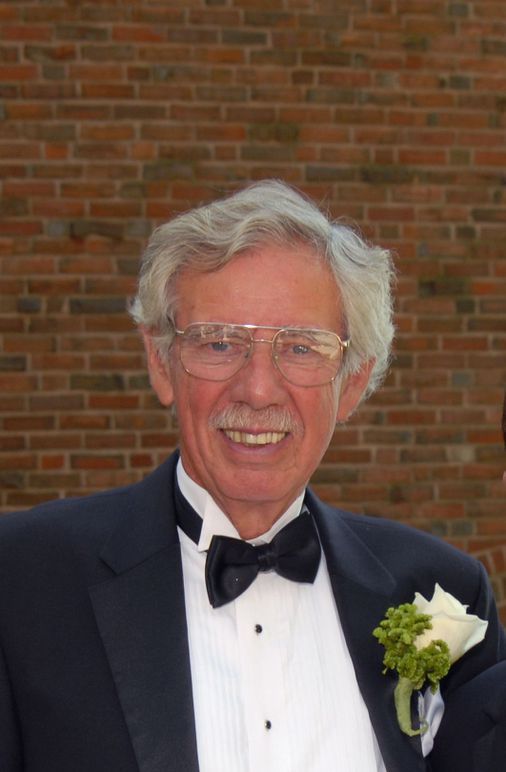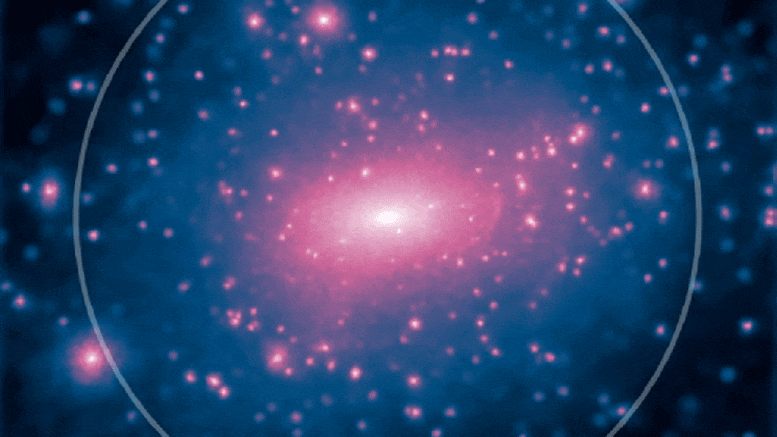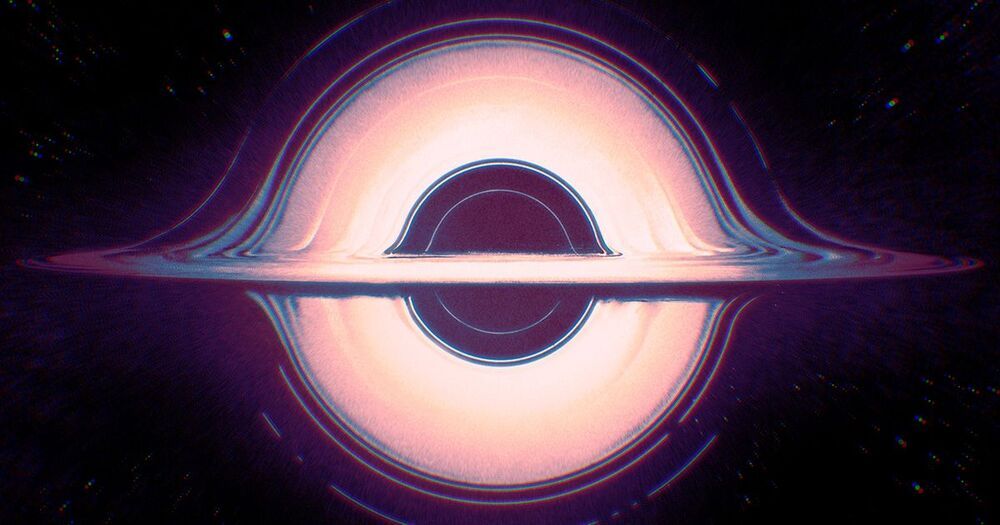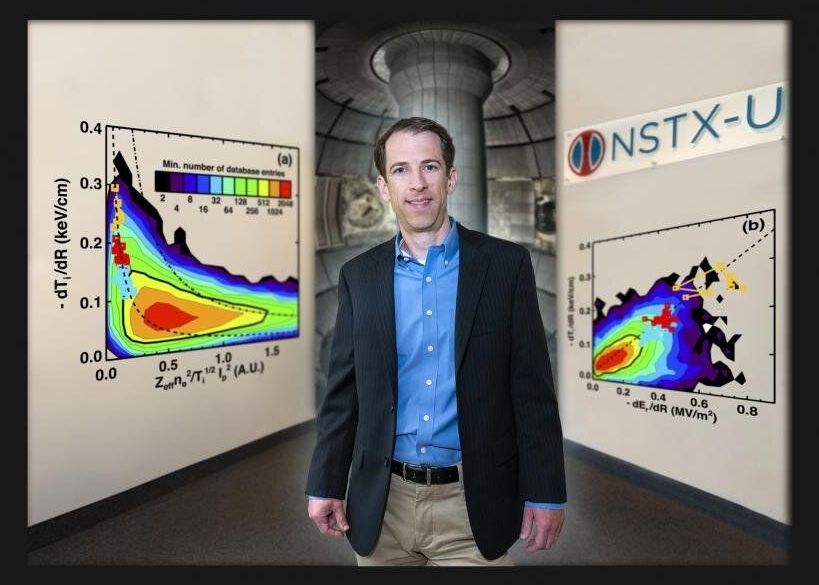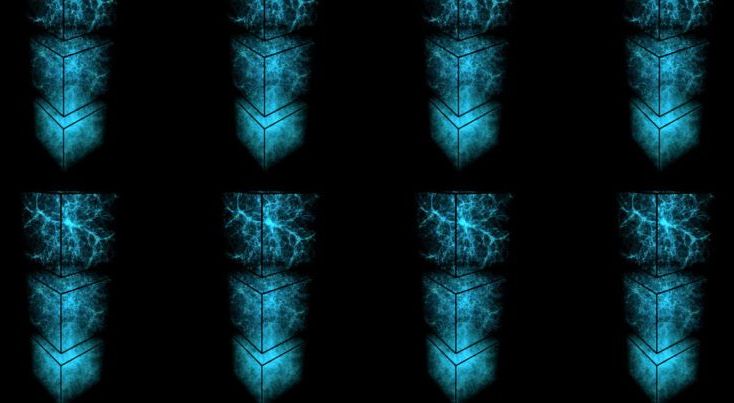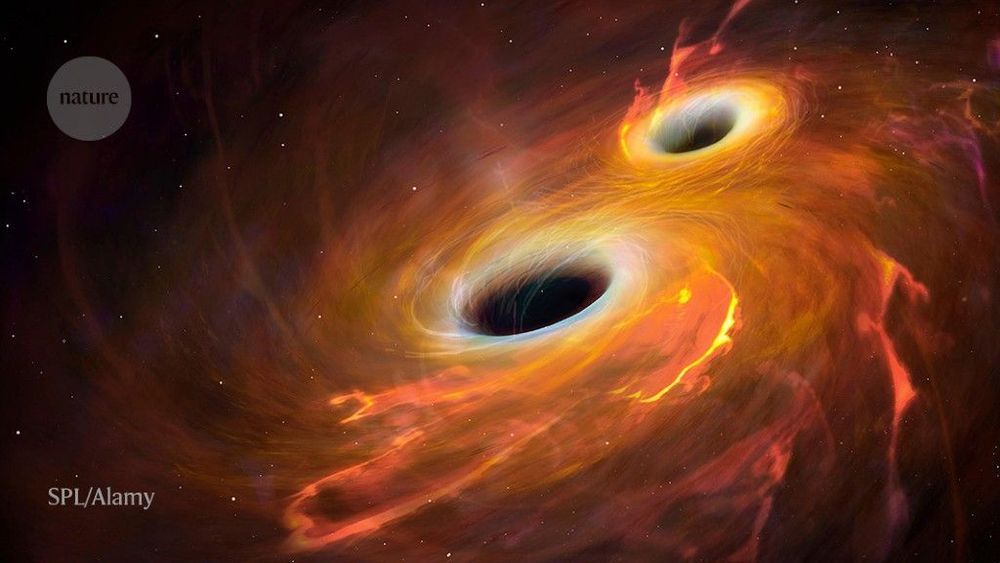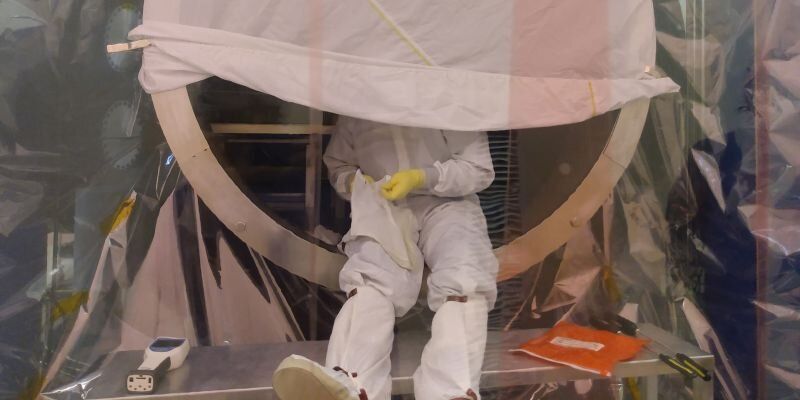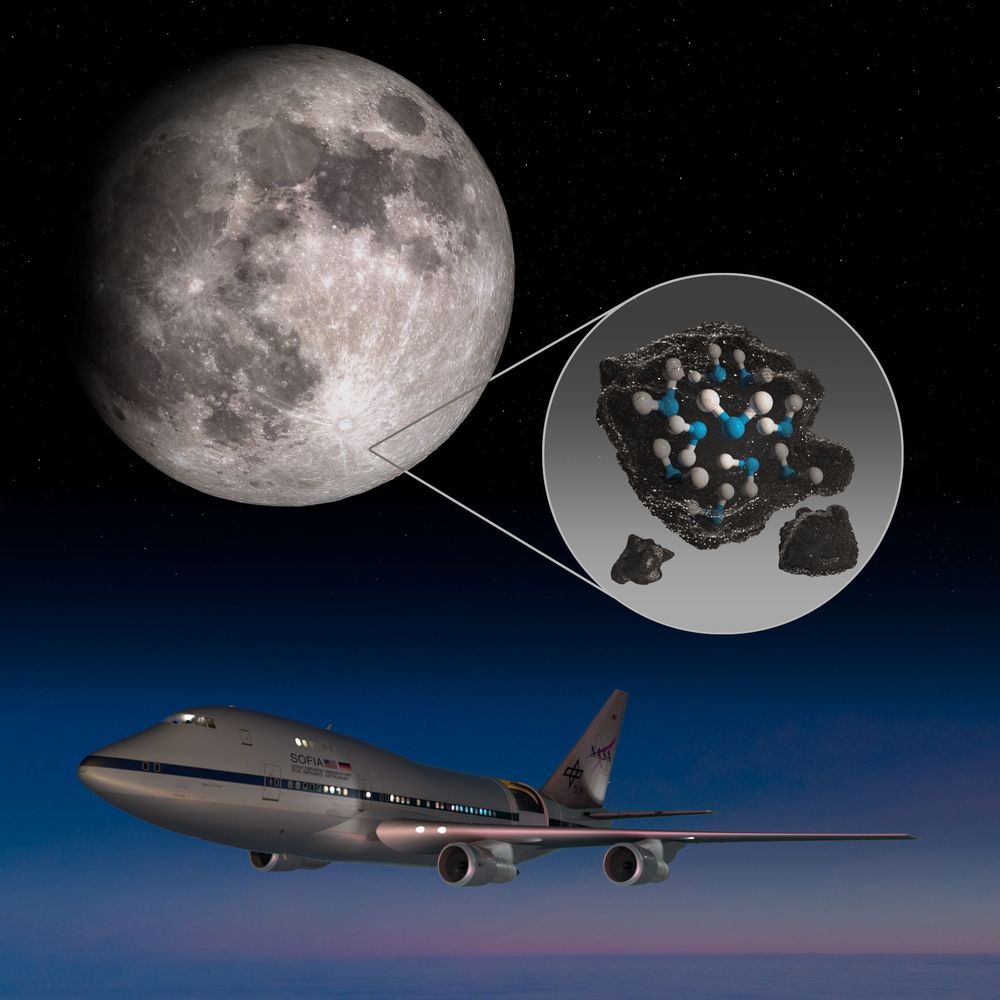A new study lead by GSI scientists and international colleagues investigates black-hole formation in neutron star mergers. Computer simulations show that the properties of dense nuclear matter play a crucial role, which directly links the astrophysical merger event to heavy-ion collision experiments at GSI and FAIR. These properties will be studied more precisely at the future FAIR facility. The results have now been published in Physical Review Letters. With the award of the 2020 Nobel Prize in Physics for the theoretical description of black holes and for the discovery of a supermassive object at the center of our galaxy, the topic currently also receives a lot of attention.
But under which conditions does a black hole actually form? This is the central question of a study lead by the GSI Helmholtzzentrum für Schwerionenforschung in Darmstadt within an international collaboration. Using computer simulations, the scientists focus on a particular process to form black holes namely the merging of two neutron stars.
Neutron stars consists of highly compressed dense matter. The mass of one and a half solar masses is squeezed to the size of just a few kilometers. This corresponds to similar or even higher densities than in the inner of atomic nuclei. If two neutron stars merge, the matter is additionally compressed during the collision. This brings the merger remnant on the brink to collapse to a black hole. Black holes are the most compact objects in the universe, even light cannot escape, so these objects cannot be observed directly.

